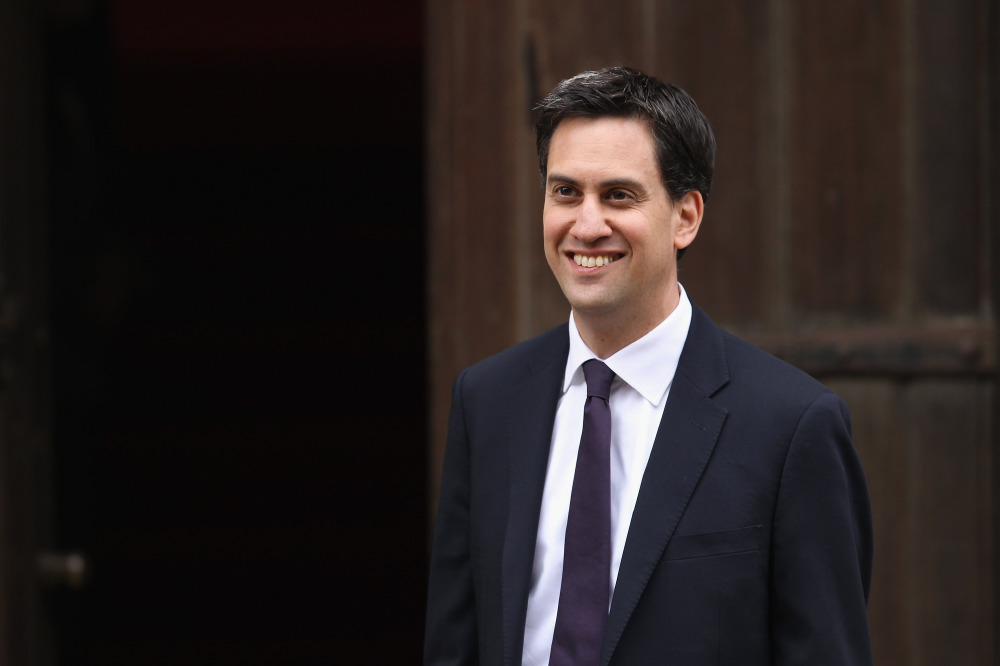Ed Miliband is putting arts and culture at the centre of his education plans should he win the general election in May.

Ed Miliband
In a speech in London, Mr Miliband highlighted the importance of arts and culture within education - calling it 'essential' rather than an 'optional extra.' And not the Labour leader is pledging that more schoolchildren will have access to these areas - it will become something for the many rather than the privileged few.
This was the first major speech by Mr Miliband on the arts and he revealed that he is planning to strengthen creative education within our schools and make it a key part of any Ofsted inspection.
Mr Miliband said: "Together, the creative industries are our fastest growing sector. But the importance of the arts and culture for me goes far beyond pounds and pence. The arts and culture define our character as a nation.
"If you believe in social justice, if you believe in a more equal society, then access to the arts and culture is not an optional extra, it is essential - not simply because of the worlds it opens up, but because of the wider impact it has.
"Over 40 per cent of 16-year-olds from low-income families who engage in the arts and culture score above average in their school tests - and those who take part in the arts and culture are more likely to get a degree. It is for all these reasons that I am committed to opening up access to the arts and culture, because it can't be right that all of these advantages are the privilege of a few, rather than the right of the many."
The speech by Mr Miliband comes just a week after the publishing of a new report by the Warwick Commission into the creative arts here in the UK. The report - which was the findings of a year long survey - revealed that creative subjects were disappearing from our schools with young people having fewer opportunities to explore art and culture.
Mr Miliband used the report to back up his desire to put arts and culture at the heart of education quoting that there had been a 50% drop in design and technology GCSE entries between 2003 and 2013, while drama had suffered a 23% drop. The report also revealed that the number of arts teachers had fallen 11% since 2010.
However, the Department of Education hit back at Mr Miliband, saying that the number of pupils that had taken music, art, and design at GCSE was actually up between 2013 to 2014. The spokesman said: "We are clear that arts education should be every bit as rigorous as the rest of the school curriculum, and we have strengthened the national curriculum in these subjects and reformed the music and art GCSEs and A-levels to make sure this is the case,"

